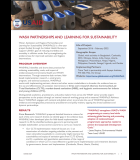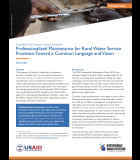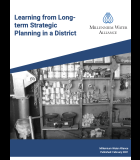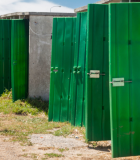Ethiopia | Transform WASH

Photo credit: Mekdim Hailu, USAID Transform WASH Activity, PSI Ethiopia
To increase access to WASH services, the USAID Transform WASH activity (T/WASH) facilitates linkages between WASH product innovators and local manufacturers and distributors. The T/WASH activity also provides support to roll-out training for business owners, health extension workers, sales agents, and supports masons for designing and construction of toilets so that households will have access to improved sanitation products and services. The activity provides capacity building support to Business Development Service for Technical and Vocational professionals on incubation center operators
focused on installation of stabilized-soil cement-making machines and production of soil cement blocks, basic masonry and construction of superstructures, construction of various sizes of cement rings for pit lining, construction of in-site and off-site toilet floors, and quality standards and safety measures.
Activity Objectives:
- Increase WASH governance and management capacity at the subnational level,
- Increase demand for low-cost quality WASH products and services, with a focus on sanitation,
- Increase supply for low-cost quality WASH products and services, with a focus on sanitation,
- Increase knowledge base to bring WASH innovations to scale.
- Increased access to improved drinking water for drought- and conflict-affected communities; and
- Increased access to small-scale irrigation facilities for drought- and conflict-affected communities.
Related Resources
- Reaching Universal Access with Market-Based Sanitation
- Ethiopia Transform WASH Performance Evaluation
- USAID Transform WASH Ethiopia’s Business Environment and How it Influences WASH Market Development
- An Assessment Of Demand Creation Of Sanitation Products And Services
- An Assessment of Sanitation Financing Options for Enterprises and Households






